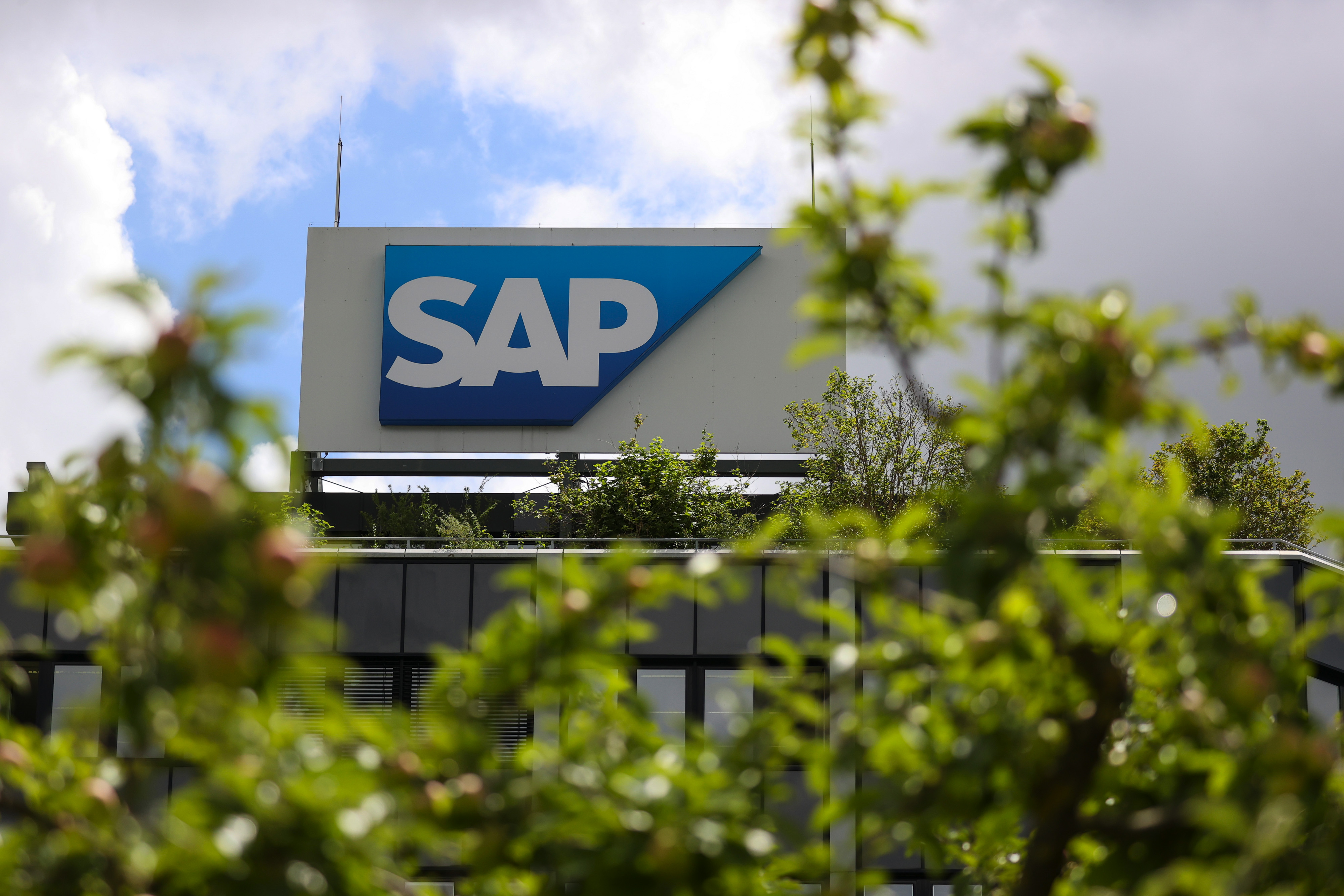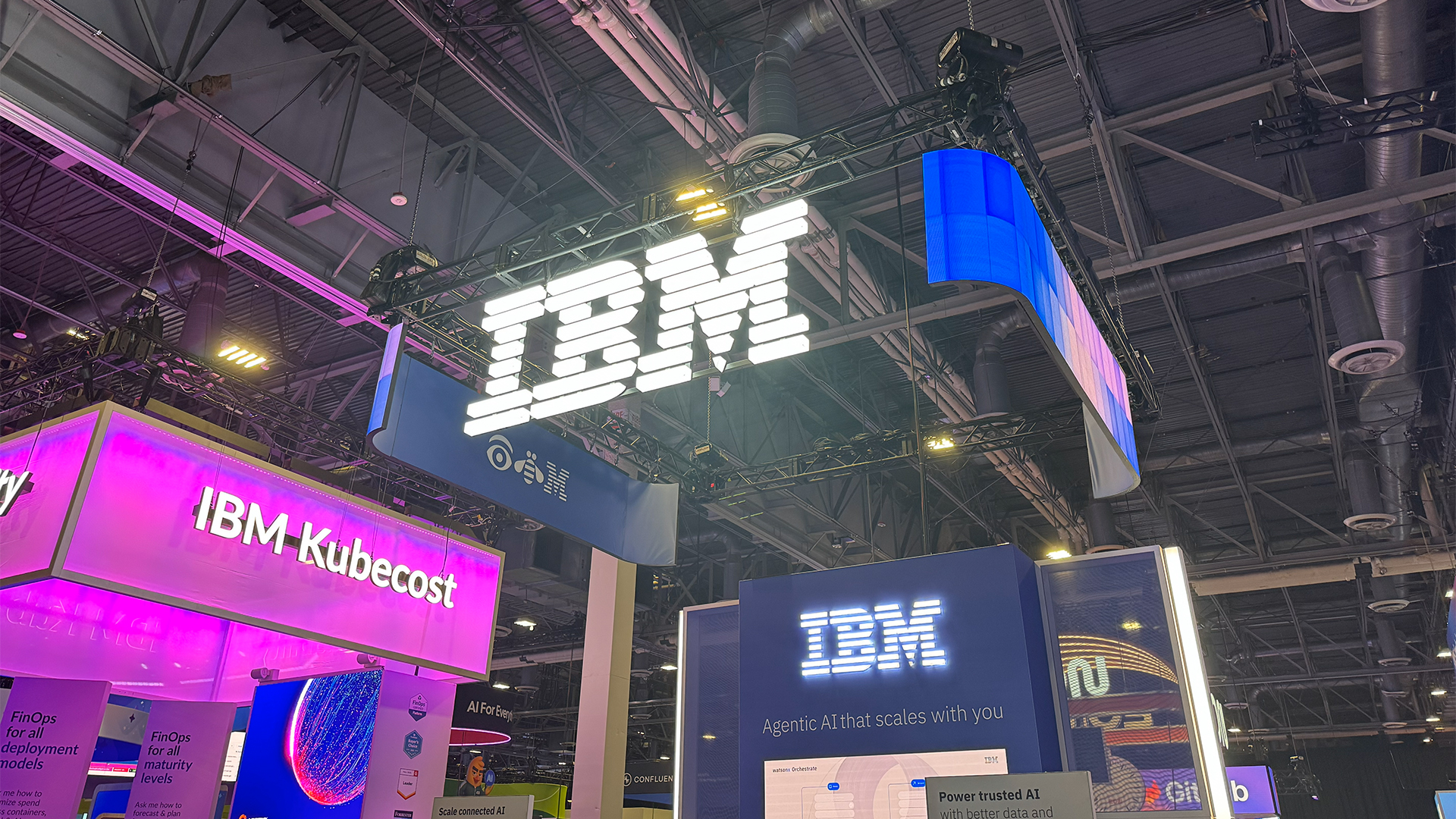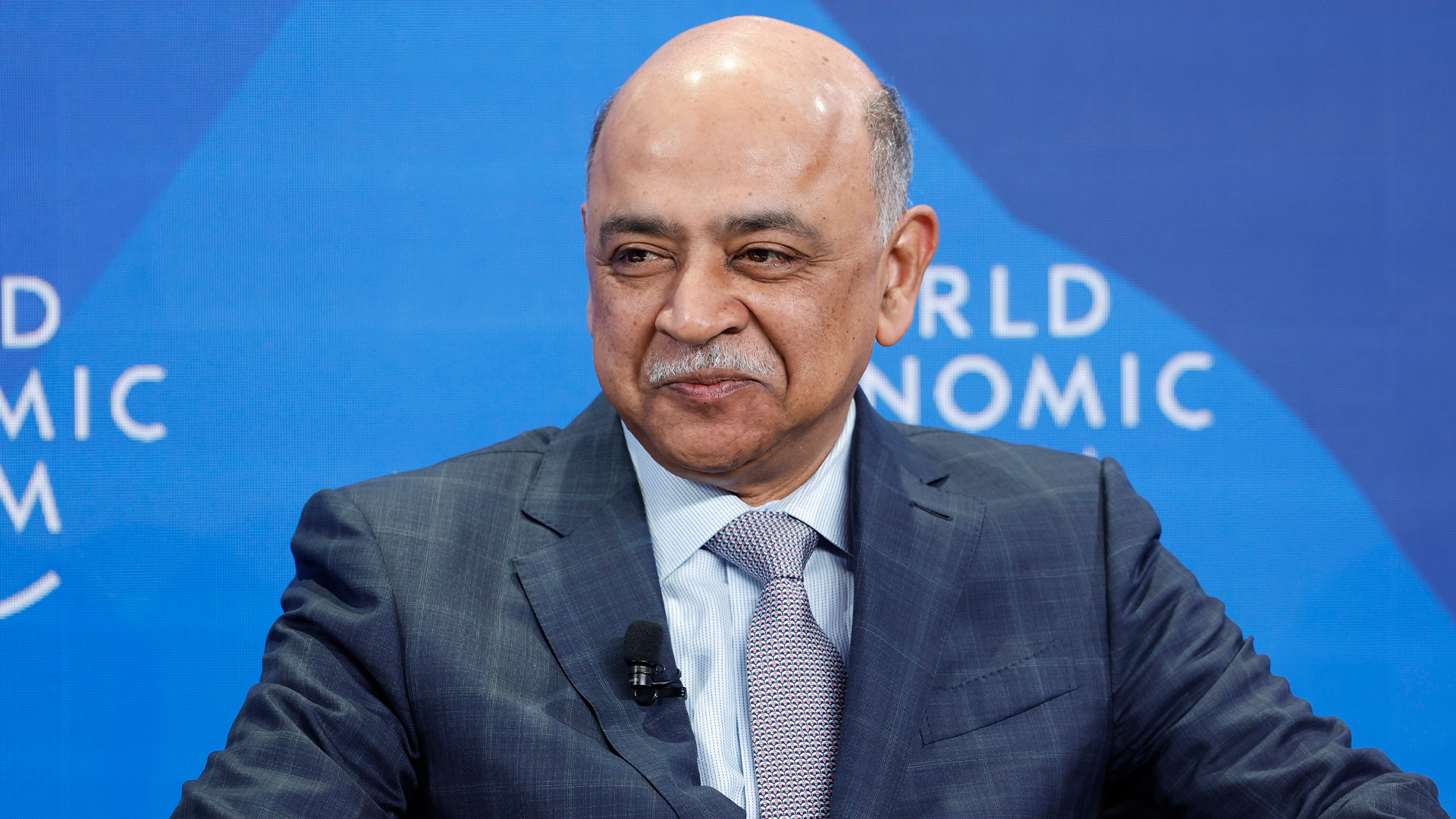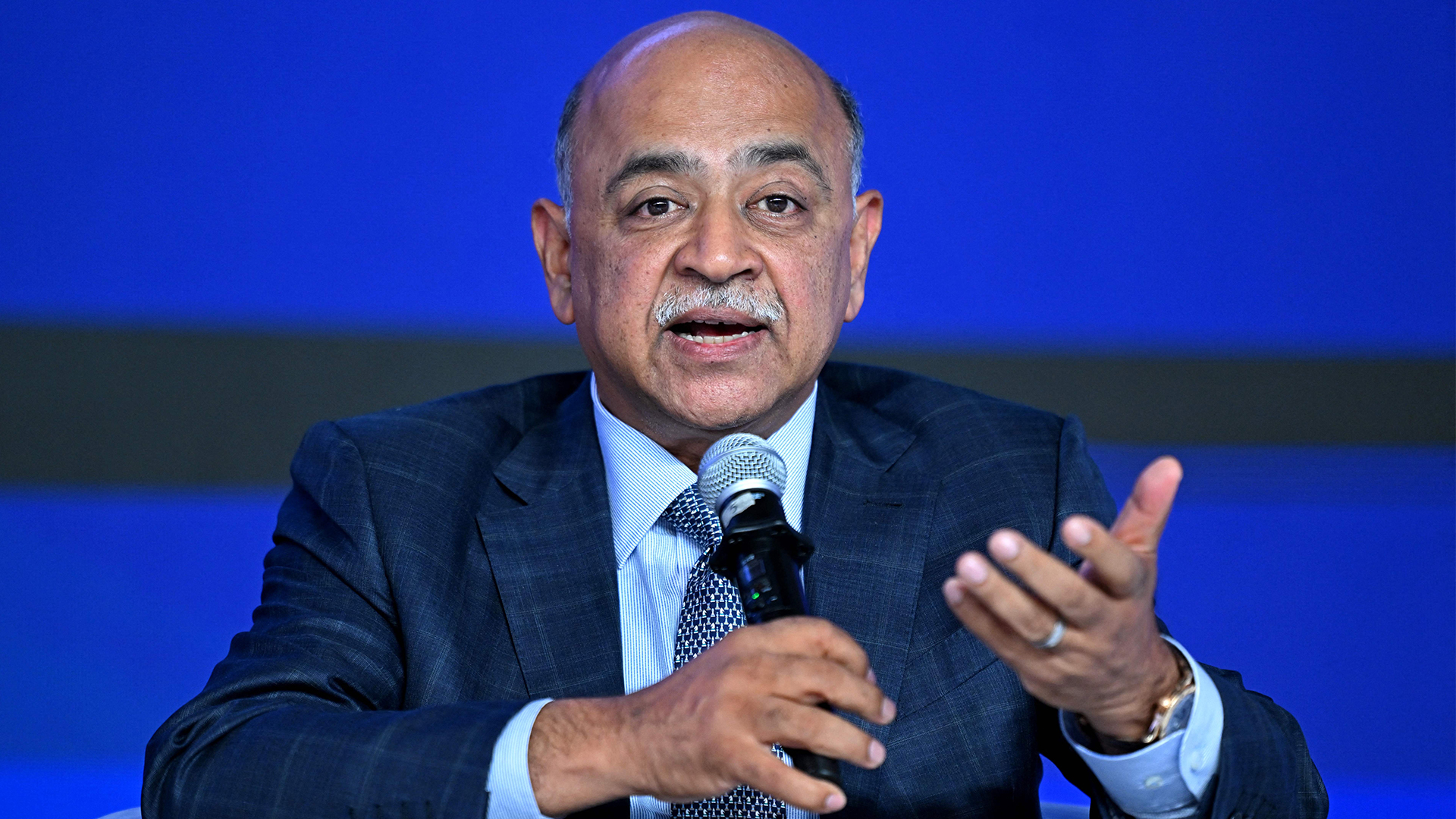SAP treads a fine line with restructuring plans amid generative AI push
SAP said it plans to integrate generative AI tools heavily within operations, but has been keen to emphasize this won’t equate to mass job cuts


Software giant SAP has announced plans to invest more than $2 billion as part of a restructuring program aimed at integrating generative AI in key business areas – but it won’t be cutting jobs en masse.
The corporate restructure will affect around 8,000 roles in total, the company confirmed in a statement on Tuesday. This program aims to drive efficiency through the integration of AI tools and deliver significant revenue boosts.
“In 2024, SAP will further increase its focus on key strategic growth areas, in particular Business AI,” the firm said in its statement. “It also intends to transform its operational setup to capture organizational synergies, AI-driven efficiencies, and to prepare the company for highly scalable future revenue growth.”
The German software firm recorded strong revenue growth in 2023, exceeding expectations. In the year ahead, it also forecasts double-digit growth in revenue from cloud services, begging the question of why it’s embarking on such a comprehensive restructuring initiative.
Much like counterparts in the global tech industry, generative AI has offered an opportunity for the firm to automate roles, cut headcount, and drive profits.
AI-related job cuts were a key concern during the early onset of the generative AI ‘boom’, with warnings of widespread labor market disruption. As of yet, this hasn’t quite panned out, but there have been initial signs that the technology is viewed among business leaders as a means to reduce staff numbers.
PwC’s latest CEO outlook study found that leaders expect to reduce headcount “by at least 5%” in the year ahead due to the integration of generative AI tools.
Sign up today and you will receive a free copy of our Future Focus 2025 report - the leading guidance on AI, cybersecurity and other IT challenges as per 700+ senior executives
Tangible examples of this in action last year saw BT announce plans to cut thousands of roles in a bid to automate positions while IBM also said it will replace thousands of back office staff with AI.
In December, reports also emerged that Google was replacing staff in its ad sales division, a key business segment, and replacing them with AI.
SAP eyes staff reskilling and 'voluntary leave programs'
But SAP’s approach here appears measured. The company has been keen to emphasize that it won’t be embarking on a ruthless spree of job cuts, marking a significant change in tone to other industry stakeholders in recent months.
SAP said the majority of affected positions are “expected to be covered by voluntary leave programs”. It has yet to provide additional details on what this will entail, but it suggests the company wants to avoid the negative press of abrupt Zoom meetings and the optics of disgruntled staff leaving offices with boxes.
“Internal re-skilling measures” will be a key focus of this program, SAP said, also suggesting that the software firm intends to train staff in relevant AI skills with an eye for embedding them within different departments.
The rapid adoption of generative AI over the last year has presented significant skills challenges for firms across a range of industries, with research showing that an emerging ‘AI skills gap’ will be a key hurdle for firms in the coming years.
Notably, SAP said that it expects to exit 2024 “at a headcount similar to current levels”. The firm has more than 100,000 employees across global operations.
RELATED RESOURCE

Discover protective measures that meet compliance guidelines
DOWNLOAD NOW
Revenue boosts as a result of this restructuring won’t be an instant win for SAP, either. All told, the costs of the initiative will be substantial, which it expects to have a negative impact on 2024 earnings.
“Restructuring expenses are preliminarily projected at around €2 billion [($2.18 billion)], the vast majority of which is expected to be recognized in the first half of 2024, impacting IFRS operating profit,” the company said. “Excluding restructuring expenses, the program is expected to provide only a minor cost benefit in 2024.”
With long-term forecasts, however, the benefits do become clearer. SAP said it expects to unlock €500 million ($544 million) in operating profits in 2025 alone due to “efficiency improvements”.

Ross Kelly is ITPro's News & Analysis Editor, responsible for leading the brand's news output and in-depth reporting on the latest stories from across the business technology landscape. Ross was previously a Staff Writer, during which time he developed a keen interest in cyber security, business leadership, and emerging technologies.
He graduated from Edinburgh Napier University in 2016 with a BA (Hons) in Journalism, and joined ITPro in 2022 after four years working in technology conference research.
For news pitches, you can contact Ross at ross.kelly@futurenet.com, or on Twitter and LinkedIn.
-
 IBM’s Confluent acquisition will give it a ‘competitive edge’ and supercharge its AI credentials
IBM’s Confluent acquisition will give it a ‘competitive edge’ and supercharge its AI credentialsAnalysis IBM described Confluent as a “natural fit” for its hybrid cloud and AI strategy, enabling “end-to-end integration of applications, analytics, data systems and AI agents”.
-
 IBM layoffs loom as ‘single-digit percentage’ of global workforce set for cuts
IBM layoffs loom as ‘single-digit percentage’ of global workforce set for cutsNews Headcount at the cloud giant has been decreasing steadily in recent years
-
 UK firms are pouring money into AI, but they won’t see a return on investment unless they address these key issues
UK firms are pouring money into AI, but they won’t see a return on investment unless they address these key issuesNews An SAP report projects increased AI investment, but cautions that too many organizations are taking a fragmented approach
-
 ‘There is no law of computer science that says that AI must remain expensive and must remain large’: IBM CEO Arvind Krishna bangs the drum for smaller AI models
‘There is no law of computer science that says that AI must remain expensive and must remain large’: IBM CEO Arvind Krishna bangs the drum for smaller AI modelsNews IBM CEO Arvind Krishna says smaller, more domain-specific AI models have become the most efficient and cost-effective options for enterprises.
-
 IBM puts on a brave face as US government cuts hit 15 contracts
IBM puts on a brave face as US government cuts hit 15 contractsNews Despite the cuts, IBM remains upbeat after promising quarterly results
-
 IBM completes HashiCorp acquisition after regulatory approval
IBM completes HashiCorp acquisition after regulatory approvalNews IBM has completed its $6.4 billion acquisition of cloud automation and security firm HashiCorp,
-
 Digital immaturity is holding back growth in the UK
Digital immaturity is holding back growth in the UKNews Research from SAP shows a lack of digital maturity is holding back enterprise digital transformation goals.
-
 IBM eyes Oracle expertise gains with latest acquisition
IBM eyes Oracle expertise gains with latest acquisitionNews The deal aims to help IBM address the complexities of public sector cloud transformation


